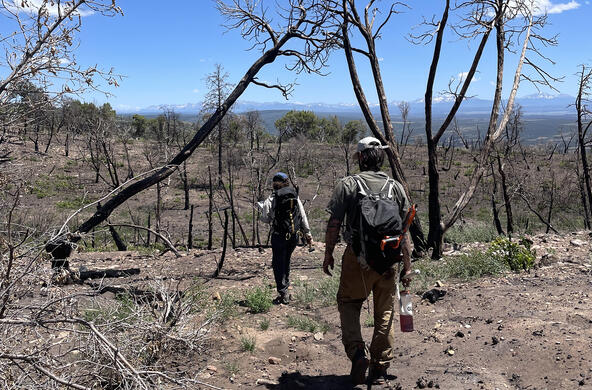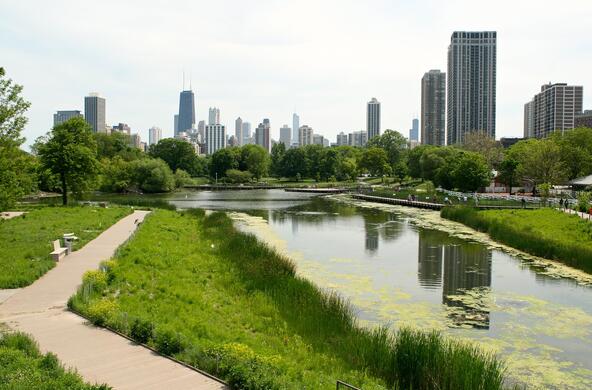
Should we really be putting food scraps down our sinks? Advertisements for kitchen garbage disposals assure us that these devices are a ‘hygienic way of eliminating waste and keeping odors at bay’ – but behind marketing materials questions remain.
When we add ground-up organic materials to water, we increase what is known as the Biological Oxygen Demand of wastewaters. Decomposition of those materials consumes the oxygen in water, making it less hospitable for fish and other creatures downstream from wastewater discharge.
Most municipalities have sewage treatment plants that remove organic particles. If you are on a septic system, kitchen organic materials will decompose along with your other wastes without entering local waterways.
But what happens to organic materials removed by sewage treatment plants? If they are bound for the landfill, they are likely to decompose without oxygen, producing methane—a powerful greenhouse gas in Earth’s atmosphere. Some landfills capture this gas to use as a fuel.
Sewage sludge is sometimes gathered for ‘bio-solid’ fertilizer, but bad odors and the potential for toxic metal contamination often renders it undesirable for agricultural land. In some areas, sewage sludge is burned.
Bottom line: kitchen scraps are best not ground up and washed down the drain. Removing them from the sewage stream costs money and not removing them is hard on the aquatic environment. When organic materials are removed from wastewater, they are often sent to the local landfill.
So, why not just put your kitchen scraps in the garbage and landfill them directly, avoiding the potential contamination of local waters? Better yet, composting kitchen waste helps “close the loop” to achieve a sustainable human society where wastes are recycled back into the production of useful goods.
**********
–This segment was adapted from an essay by Dr. William H. Schlesinger. You can read the original piece on his blog Citizen Scientist.
Produced in collaboration with WAMC Northeast Public Radio, this podcast originally aired on May 4, 2016. To access a full archive of Earth Wise podcasts, visit: www.earthwiseradio.org.
Photo courtesy of Allie KF via Flickr.






